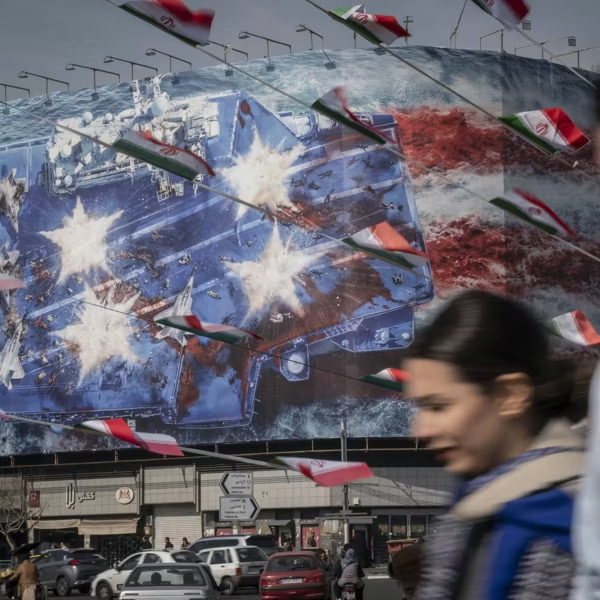Even after The Economist magazine ran an article headlined "Tony Blair is not a poodle," the British prime minister was unable to shake the slur of being George W. Bush's loyal lapdog for supporting his invasion of Iraq.
So there must be a huge sigh of relief inside our own Prime Minister's Office these days, now that fears seem to have passed that Justin Trudeau could end up similarly branded a poodle -- with the leash held by the current U.S. president.
Certainly, the Trudeau government's announcement last month that it would dramatically increase Canada's military spending -- as Donald Trump has loudly demanded -- was risky, given the distaste Canadians have for big military budgets and for prime ministers who cave in to U.S. presidents.
But the Trudeau government's pledge to hike military spending by a whopping 70 per cent over 10 years succeeded in winning praise from Trump while going largely unnoticed by Canadians. Sweet.
That might be because Foreign Affairs Minister Chrystia Freeland had just delivered a theatrical speech to Parliament that proclaimed Canada's determination to find its own way in the world, now that Trump had decided to "shrug off the burden of world leadership."
It sounded feisty and bold, with a touch of swagger, a willingness to defy The Man. No poodle here, she trumpeted.
If Freeland's defiant tone irked Trump as he contemplated his pre-dawn tweets the next morning, he was soothed hours later by the welcome news that Canada would increase its military spending by $30 billion, with 88 new fighter jets and 15 new warships! Wow! For the unmilitaristic Canadians to spend like that on their military is no nothing-burger!
Meanwhile, all was quiet on the Canadian front where the media, still high on Freeland's soaring oratory, was awash in stories about the Trudeau government's determination to "set its own course" and "step up to lead on the world stage." Its keenness to please Trump mostly got lost in the hoopla.
The military spending hike, although introduced without much controversy, is in fact a major development with devastating consequences, imposing a massive new $30 billion burden on Canadian taxpayers over the next decade and relegating pressing social needs to the back burner.
It's also a significant departure for Trudeau, who made no campaign promise to increase Canada's military spending, which, at $19 billion a year, is already the 16th largest in the world.
On the contrary, Trudeau campaigned on reviving Canada's role in UN peacekeeping. But you don't stock up on fighter jets and warships if your focus is peacekeeping.
This military spending boost is dramatically bigger than what Stephen Harper had planned. Harper was continually stymied in his controversial plan to spend $9 billion on 65 fighter jets. Yet now the Trudeau team, which likes to present a feminist face to the world, has blithely announced its intention to more than double that, spending $19 billion on 88 jets.
All this will put Canada fully back in war-fighting mode, so that we can fit seamlessly into whatever military ventures Trump might want to entangle us in.
And make no mistake, that's what we're gearing up for. The new military plan, titled "Strong, Secure, Engaged," makes 23 references to Canada's "interoperability" with U.S. and allied military forces, notes Peggy Mason, president of the Rideau Institute, the only Canadian think-tank dealing with military issues that is not heavily funded by the arms industry.
Mason, a former Canadian ambassador to the UN on disarmament, says that, despite talk about Trump's isolationism, the Trump administration is not retreating from foreign military engagements; on the contrary, it is expanding its troops in Iraq, Syria, Yemen and Afghanistan.
Trump has railed against America's allies for not spending enough on their militaries, leaving the U.S bearing too much of the financial burden of defending the "free world."
Of course, a more sensible solution would be for Washington to cut its gargantuan $600 billion "defence" budget, which accounts for 36 per cent of global military spending -- almost three times more than China, the next biggest spender, according to the Stockholm International Peace Research Institute.
Certainly, the extra $30 billion in military spending Trudeau has just promised seems wildly out of whack with the priorities of Canadians.
My guess is that, given a choice between spending that money on fighter jets or on social programs, most Canadians would favour social programs.
But then, they're not holding the leash.




